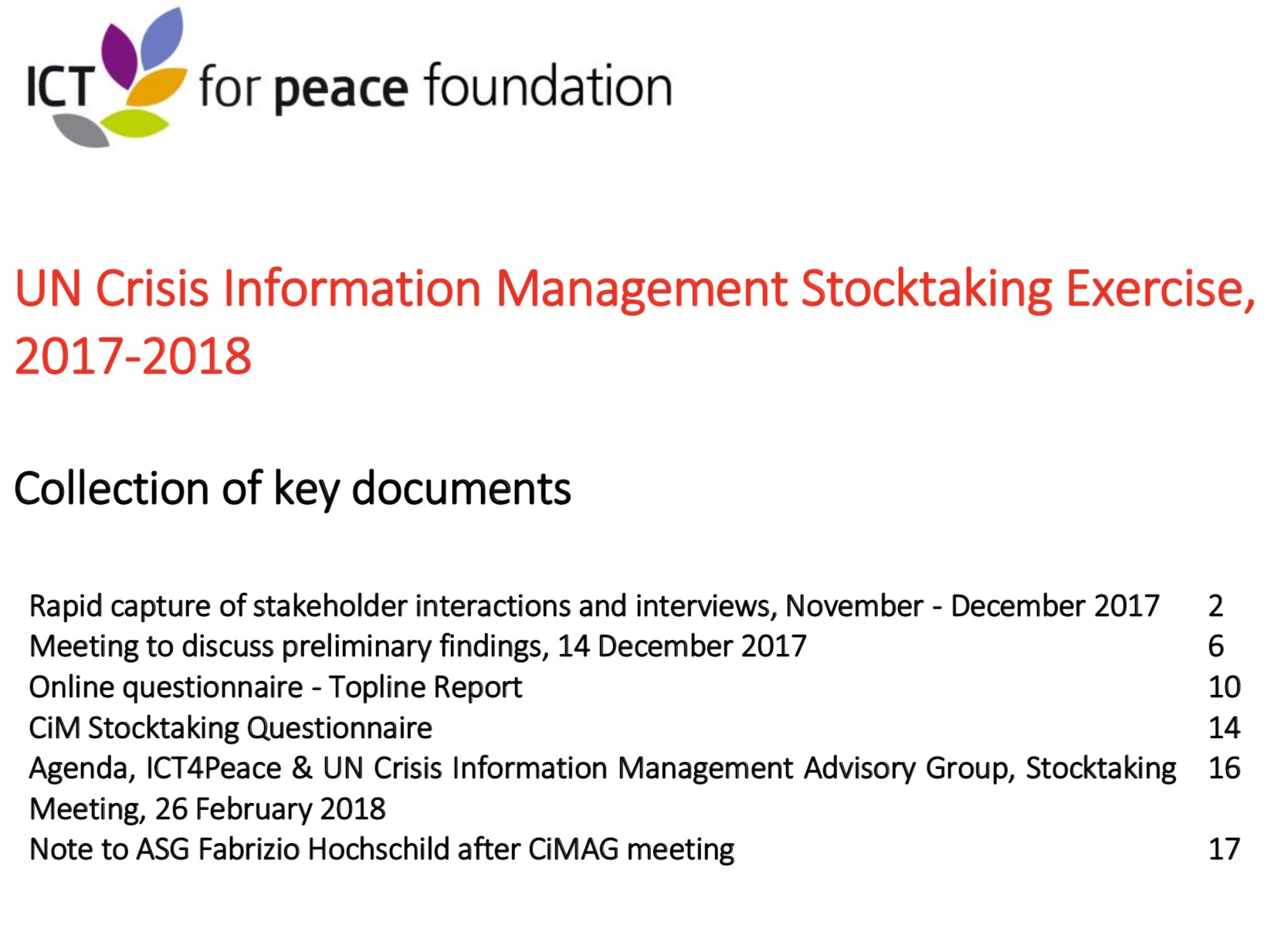The ICT4Peace Foundation was invited participate in and present at the ‘Expert Dialogue on Technology and Peace Operations’ organised by the Centre for International Peace Operations in Berlin, from 1-2 October 2019. The Foundation has worked with ZIF over many years, contributing to the development of cutting-edge thinking on the future of technology in both the UN’s peacekeeping operations, missions and mandate as well as, more generally and as importantly, the way technology will change the operational landscape for violence and peacebuilding.
- Implications of Social Media for Reformed Peace Operations: ICT4Peace Presentation to UN Leadership Group
- Operationalizing Peace Operations Reform: New Media and New Technologies
- Submission on future of peacekeeping and technology at re:publica 2015, Berlin
The Foundation was also invited to deliver a keynote presentation at ZIF’s 15th year celebrations in 2017, on the same lines.
Sanjana Hattotuwa, Special Advisor of the ICT4Peace Foundation, delivered a short presentation on the first day of the meeting to frame the issues facing the peacekeeping missions, mandates and community.
Download as a PDF here.
Sanjana focussed on how the weaponisation of social media would impact peacekeeping operations before there were even boots on the ground. The new normal, Sanjana noted, was near-constant violence and toxicity online, which could spill over into kinetic, physical violence. This weaponisation through manipulation, misinformation and disinformation, at scale and over time, is already hard to detect and would become even more so. What’s digital, Sanjana averred, would directly and quickly impact operational security theatres for troops on the ground, and mission effectiveness. With regards to the study of social media, Sanjana flagged that one of the results of the privacy pivot of Facebook – to encrypt more and more of its platform – as well as the switch to instant messaging for content production and dissemination – would render it increasingly difficult, if not downright impossible, to track or monitor content that had a bearing on mission and mandate in a specific context. On the future of peacekeeping, Sanjana noted that it was important to include voices from the Global South as equal participants and co-architects in the reform of PKO – seeing beneficiaries and host communities as agentive voices instead of just victims or belligerents.
It must be noted that every single topic of discussion, every technology, every idea and almost every single problem or challenge anchored to specific peacekeeping operation articulated or presented at the ZIF workshop was one that had been explored, flagged by peacekeeping staff to or addressed by the ICT4Peace Foundation as part of the Crisis Information Management Strategy with the UN from 2008-2015.
As part of this work, the Foundation conducted extensive training on social media and situational awareness using OS-INT in-situ with peacekeeping missions in Haiti and the DRC, and for years had high-level engagement with and input into peacekeeping operational reform, focussing on technology adoption and adaptation.
Download a PDF that captures this work from 2017-2018 alone here.

